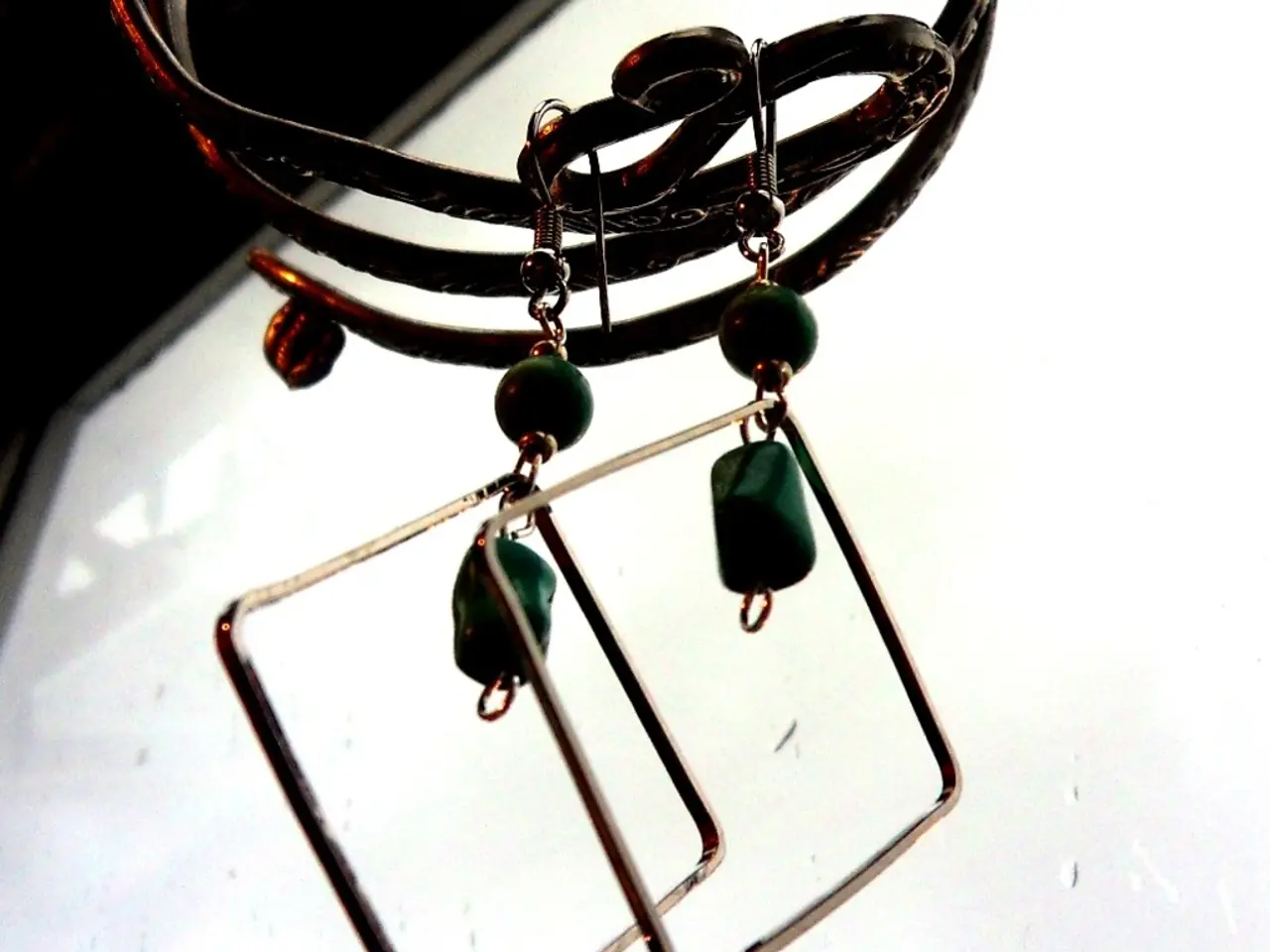Which Wireless Technology Takes the Lead in Everyday Usage: Bluetooth or Wi-Fi?
In today's connected world, two technologies stand out as essential for seamless device communication: Wi-Fi and Bluetooth. Each technology has its unique strengths and weaknesses, making them ideal for different scenarios.
Bluetooth, a short-range, low-power technology, is perfect for use in close quarters where devices like wireless headphones, smartwatches, or fitness trackers are in direct range of your smartphone or computer. It is designed for quick, lightweight data exchanges and preserving battery life, making it ideal for personal area networks (PAN) between a few devices nearby. With a typical range of around 30 feet, Bluetooth is energy-efficient, making it an excellent choice for portable, battery-powered devices.
On the other hand, Wi-Fi is a long-range, high-bandwidth technology that excels in connecting devices to the internet or creating local networks. It offers greater bandwidth and coverage, supporting many users and high-speed data transfer, making it ideal for internet connectivity and smart home networks. Wi-Fi networks typically support higher data transfer rates, making them better for high-bandwidth activities like streaming high-definition videos, downloading large files, or gaming online. With a typical range of anywhere from 100 to 300 feet, Wi-Fi is more suitable for large environments such as homes with multiple rooms, offices, or public spaces.
While Wi-Fi is the go-to technology for fast, reliable internet access and long-range networking, Bluetooth shines in short-range, low-power applications where convenience and simplicity are key. For battery-life conscious users, Bluetooth is the better option for devices like headphones, fitness trackers, or wireless earbuds.
In terms of security, both technologies have strengths and weaknesses. Wi-Fi networks can be more susceptible to unauthorized access due to their open nature, while Bluetooth's shorter range and authentication process make it more secure in controlled environments.
Understanding the strengths and weaknesses of each technology will ensure you get the most out of them for various tasks. Whether you're streaming music, gaming online, or simply connecting your devices, Wi-Fi and Bluetooth have got you covered.
Data-and-cloud-computing, with its reliance on wireless communication, primarily leverages Wi-Fi and Bluetooth for seamless device connectivity. Wi-Fi, offering high-bandwidth and long-range, is perfect for data-intensive tasks and cloud-based applications, while Bluetooth, due to its short-range, low-power nature, is essential for power-sensitive, personal area networks in close quarters.




